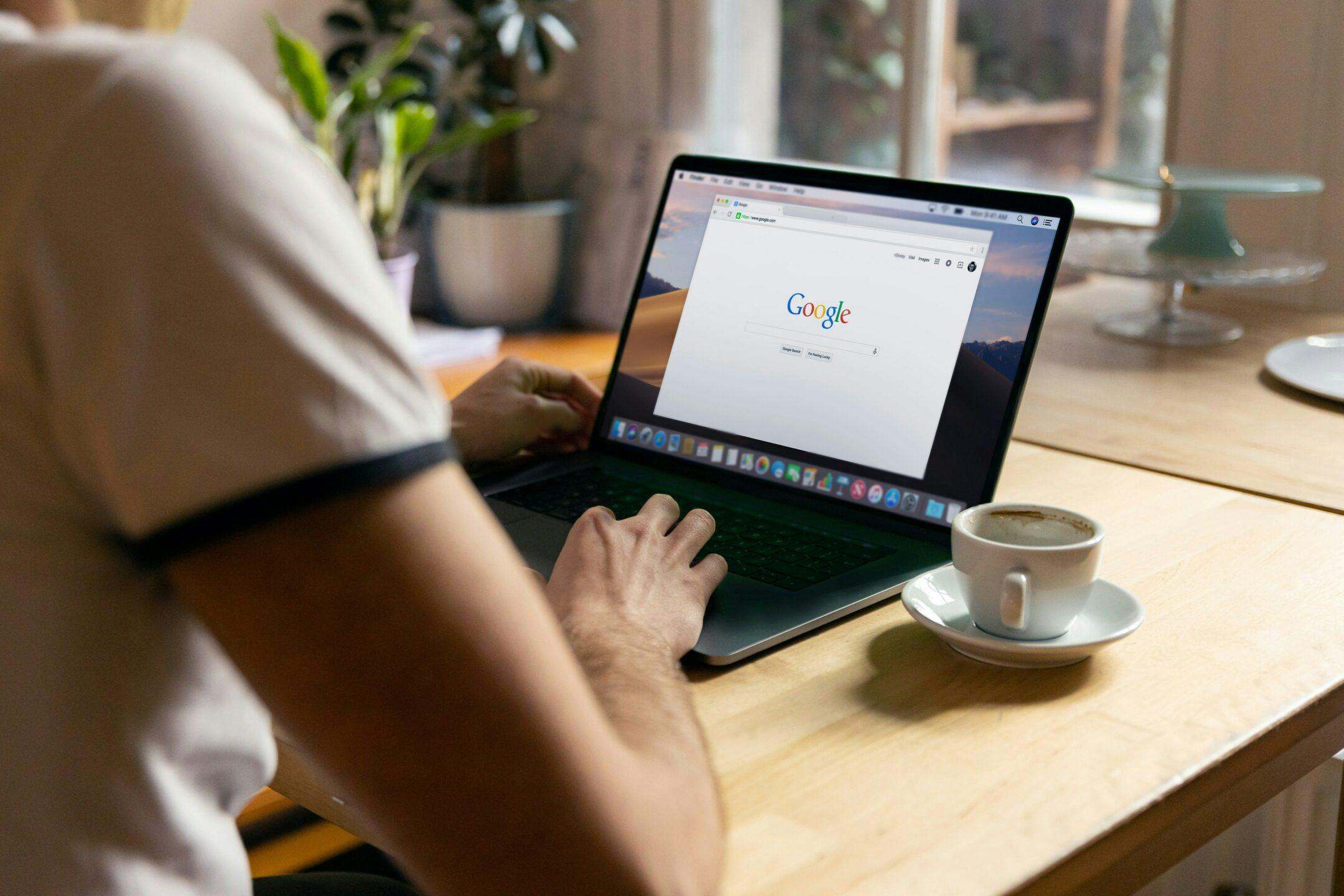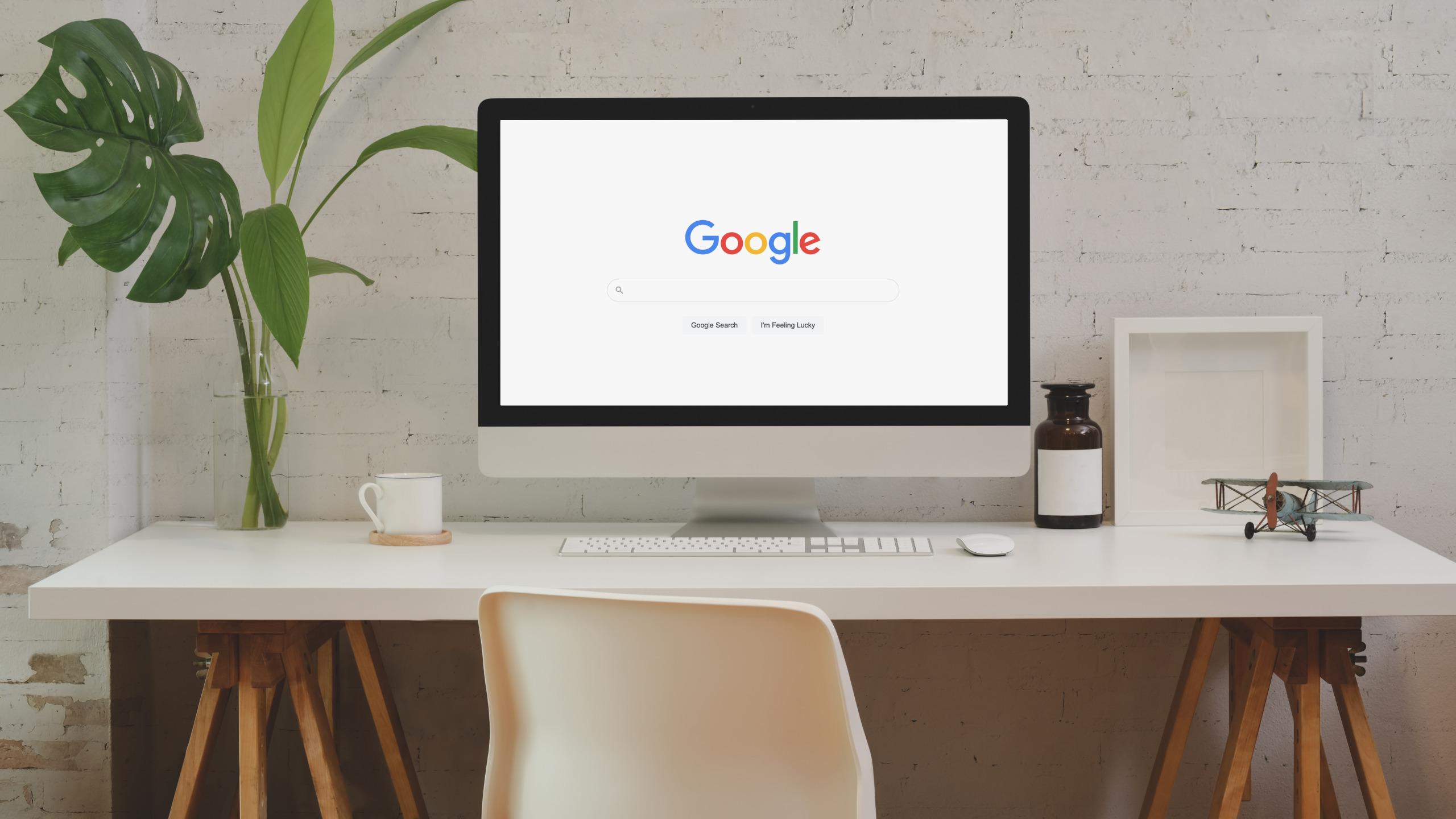10 SEO tips for online shops
The higher your online shop ranks in search engines, the more potential customers it gets. Of course, there is the possibility of displaying your website in the paid search but it might cost you a lot, especially with highly competitive keywords. That is why in order to get continuous organic traffic, you have to work on your search engine optimization to have your domain in the top 10 of Google, Bing and Co. for as many relevant keywords as possible.
To start your online journey you have to decide first which shop system to choose. Because the market is bombarded with so many options like Magento, Shopware, xt: Commerce, Plentymarkets, JTL, OXID, PrestaShop, or IBM Websphere. In case you got overwhelmed with all the information and different choice options, we truly recommend consulting with experts in the field like ABAKUS Internet Marketing that will help you pick the best shop system according to your specific case.
After you’ve chosen what shop system you will be using, it’s time to figure out how to help users notice your website among all the others online. This is where SEO comes into play.
Continue reading to find out the top 10 tips that will help you increase the visibility of your online shop and get continuous organic traffic from search engines for free.
1. Don’t lose potential customers due to slow loading times or poor mobile design
Google has officially declared that your website’s loading speed is one of the most important ranking factors. Therefore, in order to increase the potential of your online shop, you have to ensure that its loading time is as fast as possible. With the help of the Google tool Lighthouse, every website operator can test the current status of their URL’s loading speed free of charge and receive helpful tips and suggestions for improvements.
At the same time, the ranking depends more and more on the user experience (more and more users are using smartphones and tablets). In particular, the primary usage of mobile devices led Google to use the mobile version of a website as the basis for the rankings. Therefore, it is inevitable to use responsive web design in 2021. Fortunately, this type of representation is already anchored in most shop systems, which makes creating efficient pages much easier.
So keep in mind that the faster your website loads, the better it is. At the same time, users must be offered a responsive – i.e. mobile adapted – web design.
2. Take the chance to be found via category pages
Although there is no direct sale on them, they are still considered important landing pages in the SEO area: the product category pages. Because these URLs offer the possibility of being found in the organic search results using generic keywords.
Users who arrive at category pages via the organic search have several different products to choose from that match the search phrase they’ve entered. This reduces the bounce rate, a jump from your shop page back to search results.
That is why in order to increase the sales potential of your shop, you have to work on your product category pages and make sure they all are SEO friendly. That is where in addition to the loading time mentioned before, important on-page factors come into focus. To make this work in your favor, provide the page visitors with a self-written and appealing category text. However, it is particularly important to carry out corresponding keyword research for each category page and to make sure you avoid any duplicate content.
3. Take the time to write unique product descriptions
Spending extra time on individual product descriptions will eventually pay off. This will prevent your online shop to be considered as duplicate when Google will be evaluating it, which can lead to a poor reputation and thus worse rankings.
Even product descriptions from suppliers should not be adopted one-to-one, even if they should allow it. Obviously, this might save you so much time, but this will eventually lower the quality of your content because Google will find it less unique.
4. Know your Keywords and monitor them
Keep an eye on the development of your website at all times and monitor the keyword rankings of your page for the most important search terms. This enables you to react quickly to changes in the search results and improve your competitive position.
The most efficient way to do it is by using a rank tracking tool that was designed to constantly monitor your ratings and target keywords in order to send you daily notifications and alarms in case you experience a sudden drop in your positions.

You might want to monitor your keywords on a daily basis because a new product or new content might be launched and the sooner you find out about it, the quicker you’ll be able to react in order to create relevant content and grab your first seat. As an experienced SEO agency, we can totally recommend Wincher for your rank tracking and keyword monitoring. It offers you an excellent opportunity to look at specific search terms, quickly analyze them and be able to win them!
5. Increase the relevance due to suitable metadata
For the start page, as well as for category and product pages, the meta-information must be written in an SEO-friendly manner. This relates to the following elements:
- Title tags
- Meta descriptions
- Heading tags
The title tag is the most important on-page element of a website. It should be created as professionally as possible and be unique for each URL. The main keyword of the respective URL can have the most appeal at the beginning of the title tag. Then it is advisable to put a user intention directly after the main keyword, which is often entered in the search engines. The conclusion should be the brand in order to offer the user a certain “trust”.
The meta description is displayed below the title tag in the SERPs of a search engine. It is an important element in terms of a website’s CTR. With the meta description, you motivate the user to click on your page. It is therefore advisable to make the content of the meta description as appealing as possible and in parallel with the content of the respective page. In addition, you should not exceed a length of approx. 154 characters so that the selected content is fully displayed in the SERPs.
The headings, especially the <h1>, are also defining on-page elements for search engine optimization. It is important to adhere to the heading order. After the <h1> (which incidentally is only used once per URL, but should always be present) follows the <h2>, <h3>, <h4>, <h5> up to the <h6> (<h2> to <h6> headings can be used several times per page). The <h1> heading should always contain the main search phrase.
6. Internal links strengthen important keywords
It is known that important content should be placed as high as possible and above the scroll limit (“above the fold”). This applies to keywords as well as to central internal links. Especially on distribution pages that are supposed to direct the reader to more specific subpages, it is often difficult to link as high up as possible. The rule of thumb here is that the most important subpage from an SEO point of view should appear first.
With internal links, it is also very important to ensure that the same link text only leads to the same URL. This mistake is very often made by shop owners. The result would be that Google would classify two or more different URLs as equally relevant for the same keyword. In the worst-case scenario, it will lead to cannibalization of your own URLs among each other, which ultimately will cause a significant loss of ranking for these search terms.
301 redirects should be avoided (means that the old URL leads to the new optimized URL and that users and crawlers only end up on the correct URL) for internal links. In this case, it would be ideal to replace the old links in such a way that users can access the optimized target URL directly and without an intermediate redirect formula. This makes it easier for Googlebot to crawl the pages and prevents crawling errors from occurring.
7. Avoid duplicate content
Duplicate content will lead to a number of rather serious disadvantages for an online shop. The worst effect is an inevitable drop in your rankings when Google will be going through it. But crawling problems due to limited capacities can also become visible. There are several ways to avoid duplicate content:
- Write only unique product descriptions
- Correct setting of canonical tags (on yourself) to be prepared in the event of content theft
- Properly use of nofollow tags
- Implement correct pagination (rel = “prev”; rel = “next”)
8. Important users can also be won with images
In addition to many other factors, the basis for any online shop’s success is user experience. This means that you should focus on the buying experience your potential customers are getting from using and interacting with your website.
Products get more value and trust when their images are available in good quality and photographed from multiple perspectives. The site’s visitors should also have the chance to zoom into images without pixels’ appearance.

The naming of the pictures is also important. Define the name in such a way that the product is appropriately explained. Every online shop owner should always remember that Google also has an image search that potential customers can use to access the website.
9. Build trust through (good) product reviews
Trust is not only generated by strengthening the brand, you also create additional transparency in your offers with the help of various product reviews.
The purchase decision of many customers depends heavily on the read product reviews additionally to the actual rating of the online shop itself.

Focus on constantly updating your products’ reviews. In addition to both new and unique content on your website, the huge advantages will be actions (changes) in the online shop. This way Google will see that something is always happening on the domain and tends to rate it higher.
10. Backlinks remain an important factor
The backlink profile of an online shop is still one of the most important factors that have an impact on your place in the organic search results.
We all know it from our everyday life: if something is recommended by many different people, we would also place more trust in this product or company than in possible alternatives without those recommendations.
The search engine rates the same way. If a domain gets a lot of backlinks, the relevance and trust of this page are assessed as positive. At the same time, however, it is important to ensure that those recommendations (backlinks) come from URLs that are trustworthy (no links from link collections or from URLs with dubious content) and are relevant to the topic. It’s not about the number of backlinks you have, but their relevance to your website that what Google counts. For example, if you’re selling shoes, your online shop won’t get any benefits from backlinks from a domain that sells cars.











